What's a better ROI? A Kitchen pantry or study?
Alexandra Kassab
9 months ago
Kitchen Pantry
Study / office space
Laundry room
Keep the existing galley kitchen
Featured Answer
Sort by:Oldest
Comments (21)
Patricia Colwell Consulting
9 months agoRelated Professionals
Eau Claire General Contractors · Norman General Contractors · Riverside General Contractors · Seguin General Contractors · South Miami Heights Home Stagers · Ogden Interior Designers & Decorators · Austin Furniture & Accessories · San Francisco Furniture & Accessories · Sun Prairie General Contractors · Tabernacle General Contractors · Vincennes General Contractors · Ridgefield Park Interior Designers & Decorators · Catonsville General Contractors · Fargo General Contractors · Natchitoches General Contractorsdeegw
9 months agolatifolia
9 months agochispa
9 months agoJennifer Hogan
9 months agoPatricia Colwell Consulting
9 months agoYonder Way Design
9 months agolast modified: 9 months agobry911
9 months agoHALLETT & Co.
9 months agoJennifer Hogan
9 months agobry911
9 months agolast modified: 9 months agoJennifer Hogan
9 months agobry911
9 months agolast modified: 9 months agoJennifer Hogan
9 months agobry911
9 months agolast modified: 9 months agoJennifer Hogan
9 months agolittlebug Zone 5 Missouri
9 months agoMrs Pete
9 months agochisue
9 months agoHelen
9 months ago
Related Stories
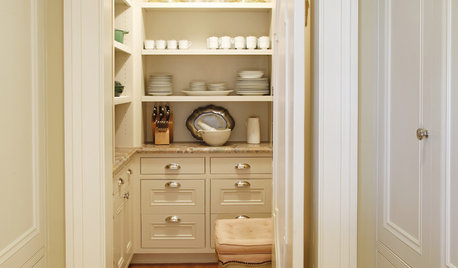
KITCHEN DESIGNYour Kitchen: Pretty Pantries
Inspiration for Better Kitchen Storage, From Utilitarian to Luxurious
Full Story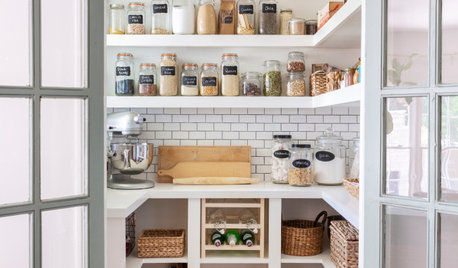
KITCHEN STORAGEWalk-In Pantries vs. Cabinet Pantries
We explore the pros and cons of these popular kitchen storage options
Full Story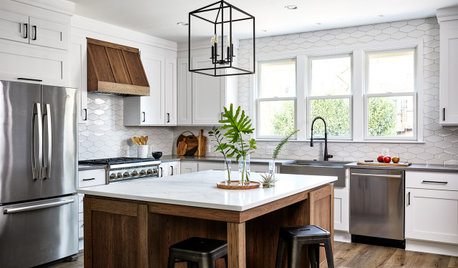
INSIDE HOUZZTop Takeaways From the 2021 U.S. Houzz Kitchen Trends Study
Storage is a major focus, the open-concept floor plan is losing steam, and project scope is scaling back
Full Story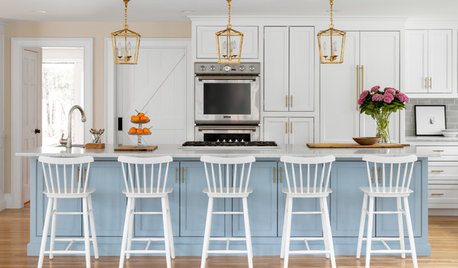
KITCHEN DESIGNKitchen of the Week: Coastal Colors and a Better Flow
Pros help Massachusetts homeowners expand their kitchen to bring in natural light and give everyone a seat at the island
Full Story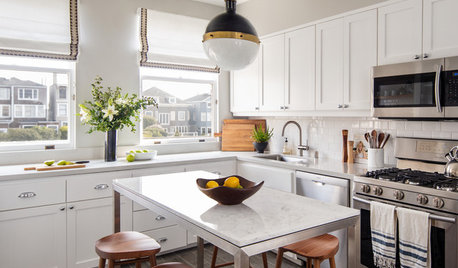
INSIDE HOUZZTop Kitchen and Cabinet Styles in Kitchen Remodels
Transitional is the No. 1 kitchen style and Shaker leads for cabinets, the 2019 U.S. Houzz Kitchen Trends Study finds
Full Story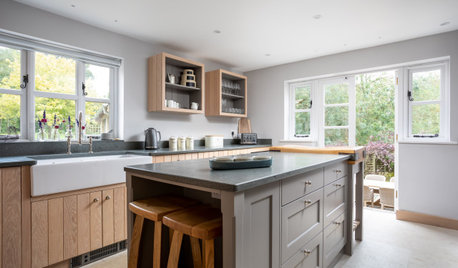
INSIDE HOUZZWhat’s Popular for Kitchen Islands in Remodeled Kitchens
Contrasting colors, cabinets and countertops are among the special touches, the U.S. Houzz Kitchen Trends Study shows
Full Story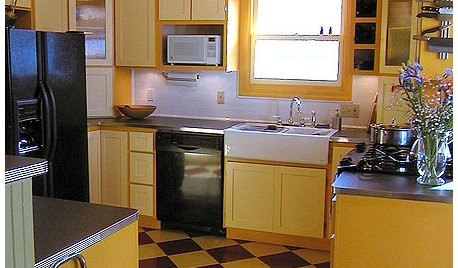
KITCHEN DESIGNKitchen Remodel Costs: 3 Budgets, 3 Kitchens
What you can expect from a kitchen remodel with a budget from $20,000 to $100,000
Full Story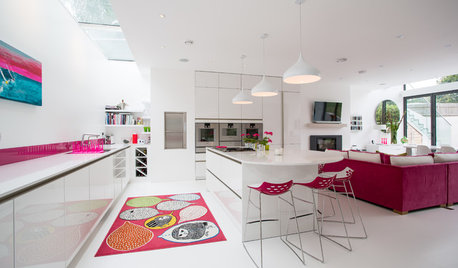
KITCHEN WORKBOOKNew Ways to Plan Your Kitchen’s Work Zones
The classic work triangle of range, fridge and sink is the best layout for kitchens, right? Not necessarily
Full Story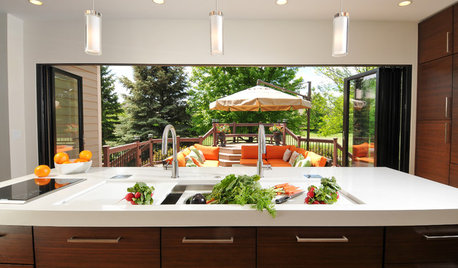
KITCHEN DESIGNKitchen of the Week: Traditional Kitchen Opens Up for a Fresh Look
A glass wall system, a multifunctional island and contemporary finishes update a family’s Illinois kitchen
Full Story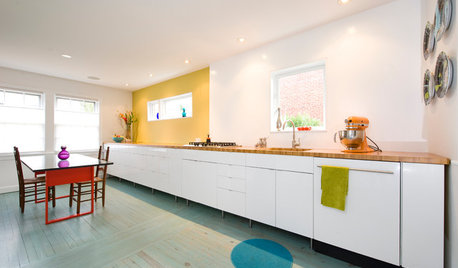
KITCHEN DESIGNKitchen of the Week: Grandma's Kitchen Gets a Modern Twist
Colorful, modern styling replaces old linoleum and an inefficient layout in this architect's inherited house in Washington, D.C.
Full Story

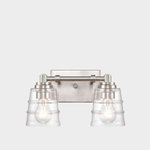



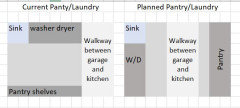
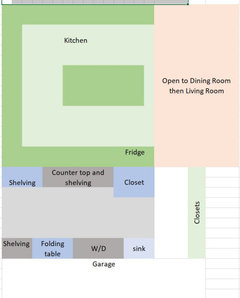
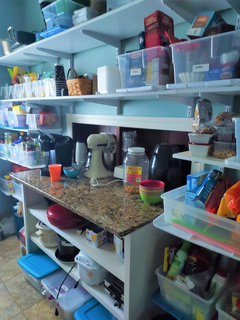



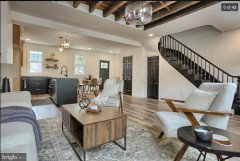

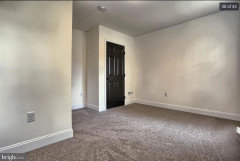



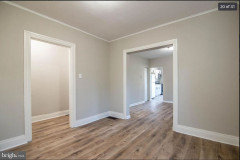
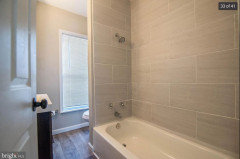
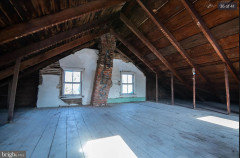
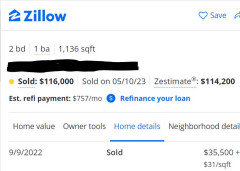
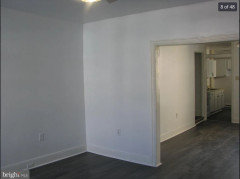

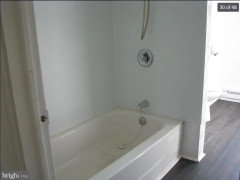


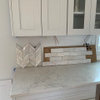



millworkman